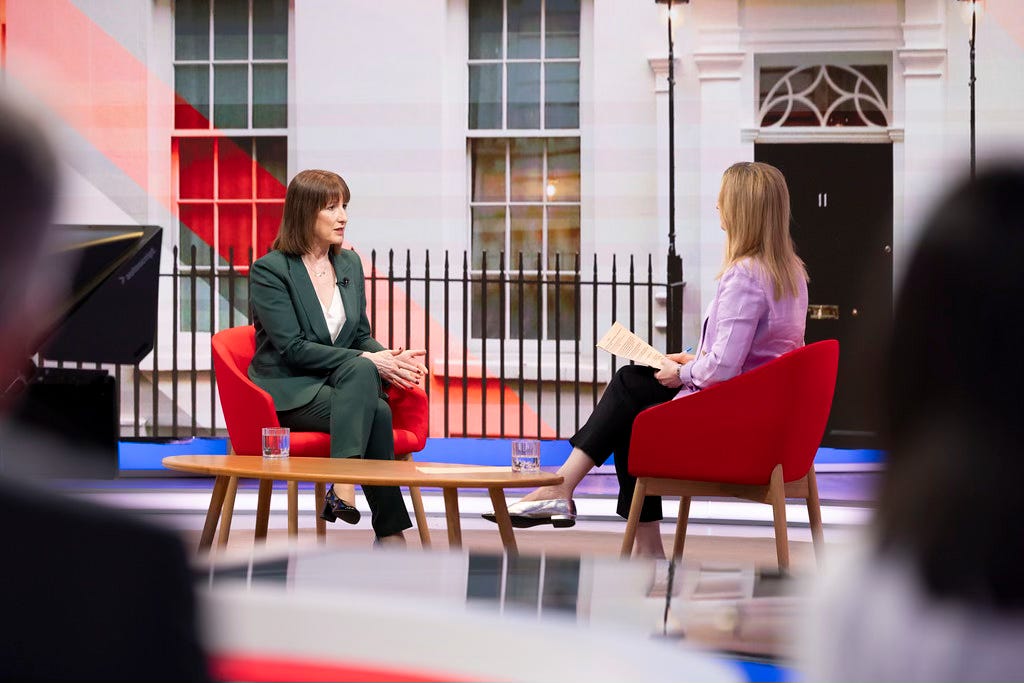Our response to the spring statement
The Chancellor's cuts to social security will save money in the short term but risk costing our economy and society much more in the long term

The Chancellor has just unveiled the biggest cut to disability benefits in a generation, which, according to the government’s own analysis, will push 250,000 more people - including 50,000 children - into relative poverty by 2030. The poverty rate among disabled people is already 30%, compared to 19% for people without disabilities.
Cutting social security might seem fiscally responsible in the face of daunting economic and geopolitical headwinds, but it risks weakening the economy and eroding public trust over the long term. Relatively small savings now will cost our economy and society much more in the future.
This is because poverty and inequality directly affect workforce participation and productivity, holding back growth and wasting potential. Between 2011 and 2019, median household wealth grew by just £4,000, while the wealth of the top 10% surged by £280,000 — a 70-fold gap that reflects deep and growing structural divides in the UK economy.
The Chancellor’s decision to expand these cuts even further will only add to the negative spillover impacts of economic inequality. Our recently published Wealth Gap Risk Register highlights how rising economic inequality has spillover effects that are barriers to the government's wider missions.
Cutting the social security budget too far, and making other cuts to public services that are already on their knees, is a barrier to building an economy that delivers long-term benefits for all. If we want to boost productivity and rebuild trust in our institutions, we need to invest in people’s ability to contribute, not take that support away. Pushing more people into financial insecurity will undermine the government’s ambition to build a strong, resilient economy. The impacts of these cuts could also deepen social divisions, erode trust in democratic institutions, and weaken community cohesion.
The Labour government will also pay a political price for these cuts; recent research has found that financially insecure voters are the most likely to switch parties.
We stand ready to work with the government to help ensure that fairness is at the heart of economic policy. The focus must now be on delivering inclusive and sustainable growth - growth that benefits everyone, not just those already at the top.


